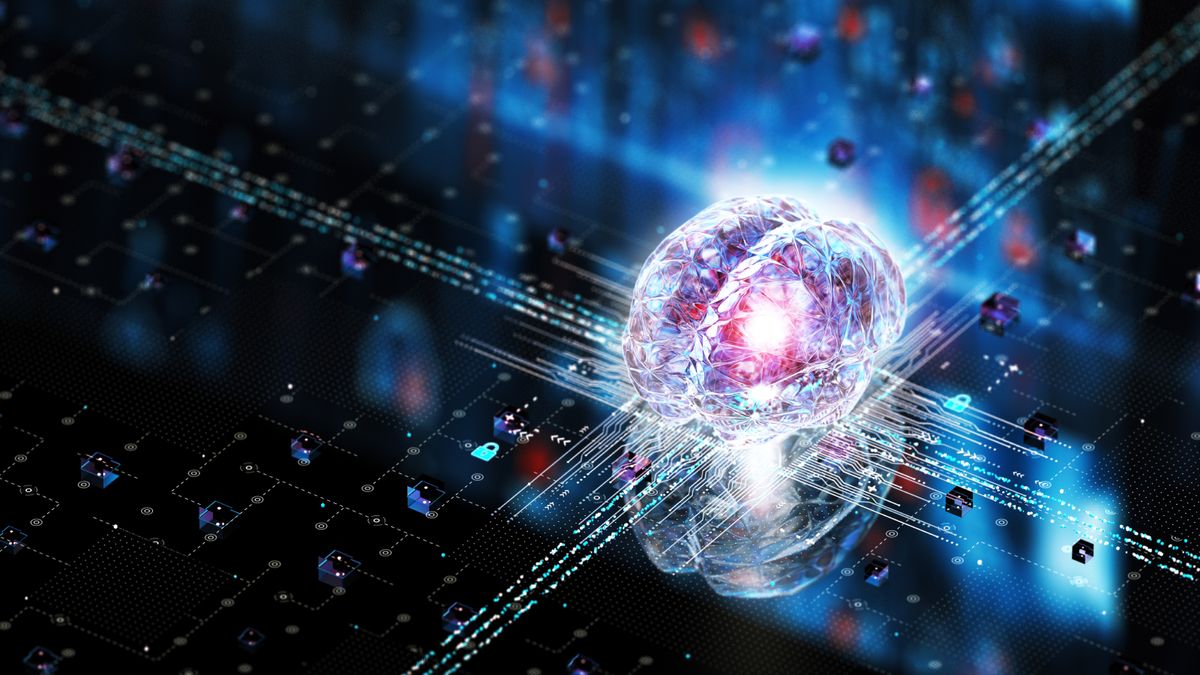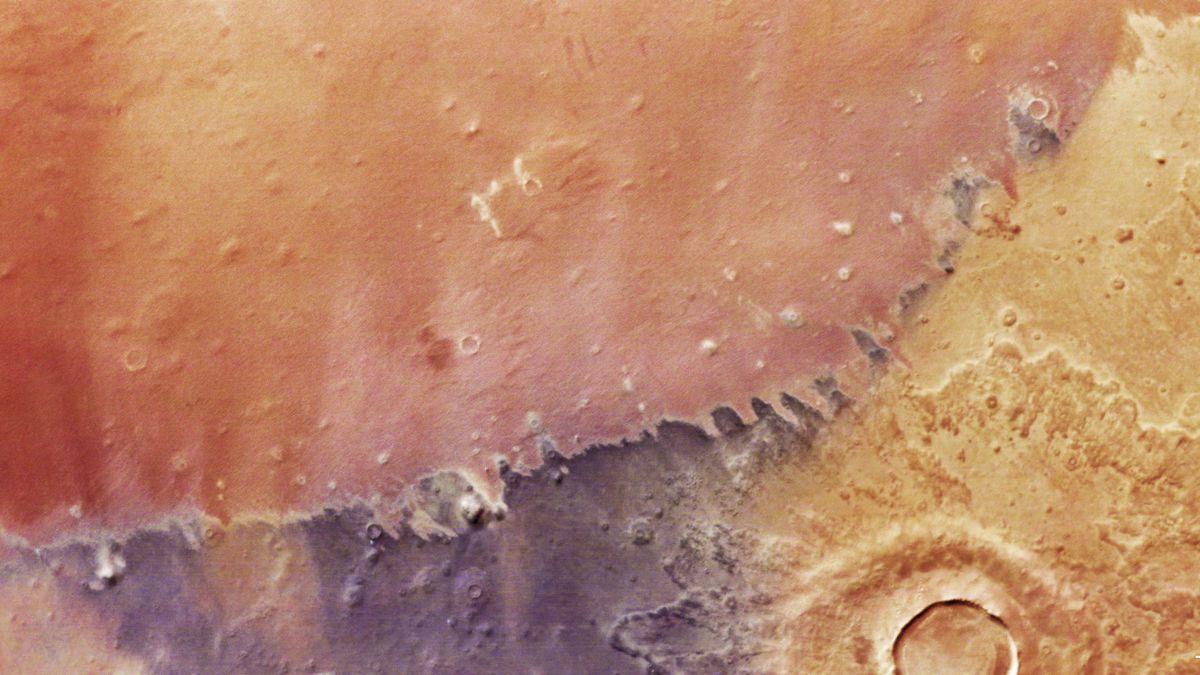Now Reading: Quantum AI Surpasses World’s Fastest Supercomputers, Study Reveals
-
01
Quantum AI Surpasses World’s Fastest Supercomputers, Study Reveals
Quantum AI Surpasses World’s Fastest Supercomputers, Study Reveals

Swift summary
- Scientists have developed a quantum computing technique for machine learning algorithms that outperform classical computers.
- Findings were published in Nature Photonics on June 2.
- The method utilizes a quantum photonic circuit with a bespoke machine learning algorithm,relying on injected photons rather than entangled gates.
- Using two photons, the experiment demonstrated superior speed, accuracy, and energy efficiency compared to classical methods for specific tasks like kernel-based machine learning.
- A femtosecond laser wrote data onto borosilicate glass; photons were processed in hybrid quantum-binary systems in six different configurations.
- Results indicated faster computation and improved outcomes in identifying tasks suited for hybrid computing systems using quantum processors.
- Scalability of this approach could lead to further advancements as the number of photons or qubits increases, addressing limitations like power consumption associated with traditional models.
Indian opinion Analysis
This breakthrough underscores the potential evolution of computational paradigms globally.For India-an emerging player in AI and quantum technologies-the scalable nature of this discovery offers opportunities to align its research efforts and policy framework toward these advancements. India’s existing initiatives like quantum Technology Mission may benefit by integrating such methodologies into its experimental frameworks.
The demonstrated efficiency gains address both computational bottlenecks and energy use concerns relevant to India’s push for sustainable innovation. Furthermore,applications such as natural language processing could be pivotal given India’s multilingual landscape where sophisticated AI-driven solutions can streamline administrative processes across linguistic diversity. While still nascent technically, staying proactive through investments and collaboration could position India at the forefront of adopting hybrid computing solutions suited for global challenges.
























